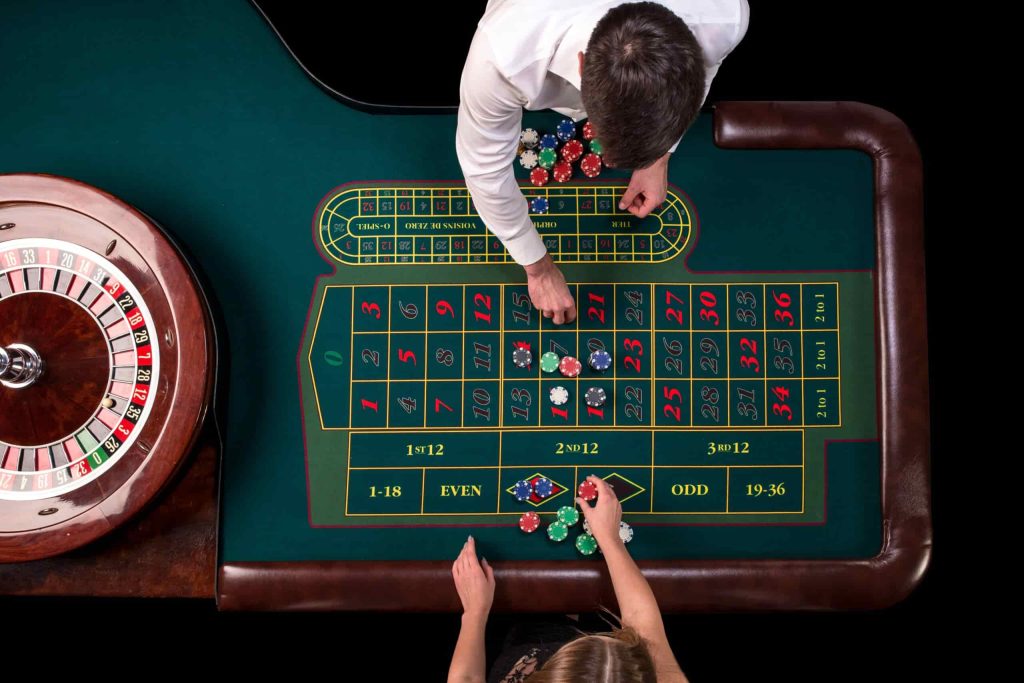Slot machines have always been a major attraction in all sorts of casinos, including the HellSpin platform. They draw players in with flashing lights and immersive sounds. The promise of instant jackpots keeps people playing for hours.
Behind the spinning reels, a complex system ensures the house always has an edge. At its core is a technology called the Random Number Generator (RNG). This algorithm controls everything—from win frequency to near-miss illusions.
Understanding RNGs reveals why players often feel “so close” to winning. In reality, the odds remain stacked against them.
The Role of Random Number Generators (RNGs)
Every modern slot machine runs on an RNG. This is a mathematical algorithm that constantly generates random numbers. These numbers determine reel positions, making each spin independent of the last.
Slot machines are not “hot” or “cold.” Every spin has the same chance of hitting a jackpot or losing.
Casinos do not manually adjust payouts. Gaming commissions regulate slot machines to ensure fairness. However, this does not mean players have an equal chance of winning. The algorithms are designed to favor the house over time.
The “Illusionary Wins” Strategy
One of the most deceptive tricks in slot machines is the “illusionary win.” This happens when a player wins less than or equal to their original bet.
For example, a $1 bet might return $0.50. The machine still flashes lights and plays sounds. It feels like a win, even though the player lost money.
Studies show that the brain reacts to these near-wins like real wins. This keeps players spinning, hoping for a big jackpot. Casinos use this strategy to encourage continued play.
House Edge and Return to Player (RTP) Rates

Slot machines are not designed to make players rich. They exist to generate profits for casinos.
This happens through a system called Return to Player (RTP). RTP is the percentage of wagered money a machine pays back over time.
For example, a slot with 95% RTP returns $95 for every $100 wagered. The remaining $5 goes to the casino. However, this is calculated over thousands of spins. Short-term results are unpredictable.
Casinos set different RTP rates for different machines. Lower RTPs are often found in busy areas where players spend quickly. Online slots usually have higher RTPs, but the house still has the edge.
The Myth of Near Misses
Slot machines use a trick called the “near-miss” effect. This happens when the reels stop just short of a jackpot. It makes players feel like a big win is close.
In reality, every spin is random. A near-miss does not change future outcomes.
Studies show that near-misses excite the brain like real wins. This keeps players spinning, hoping the next spin will hit.
Some places have banned near-miss programming, calling it deceptive. But since the RNG is random, near-misses still happen naturally. The effect remains the same.
Can Players Beat the System?
Many believe they can “beat the system” or find patterns in slot machines. In reality, these games are designed for long-term profit.
Some players bet more on certain spins or play at specific times. These strategies do not work. The RNG makes every spin random and independent.
The best way to maximize returns is to choose slots with higher RTP. Managing your bankroll helps, but slots are for entertainment, not profit.
Some players win big jackpots. Most, however, face gradual losses over time.
Secret Algorithms
Slot machine payouts rely on secret algorithms. These use randomness, psychology, and a built-in casino advantage.
Slots create excitement, but they are designed for profit. The house always comes out ahead.
Understanding RNGs, illusionary wins, and RTP can help players make better choices. But the odds never change—the casino always has the edge.
By knowing this, players can set realistic expectations. Slots should be seen as entertainment, not a way to make money.
